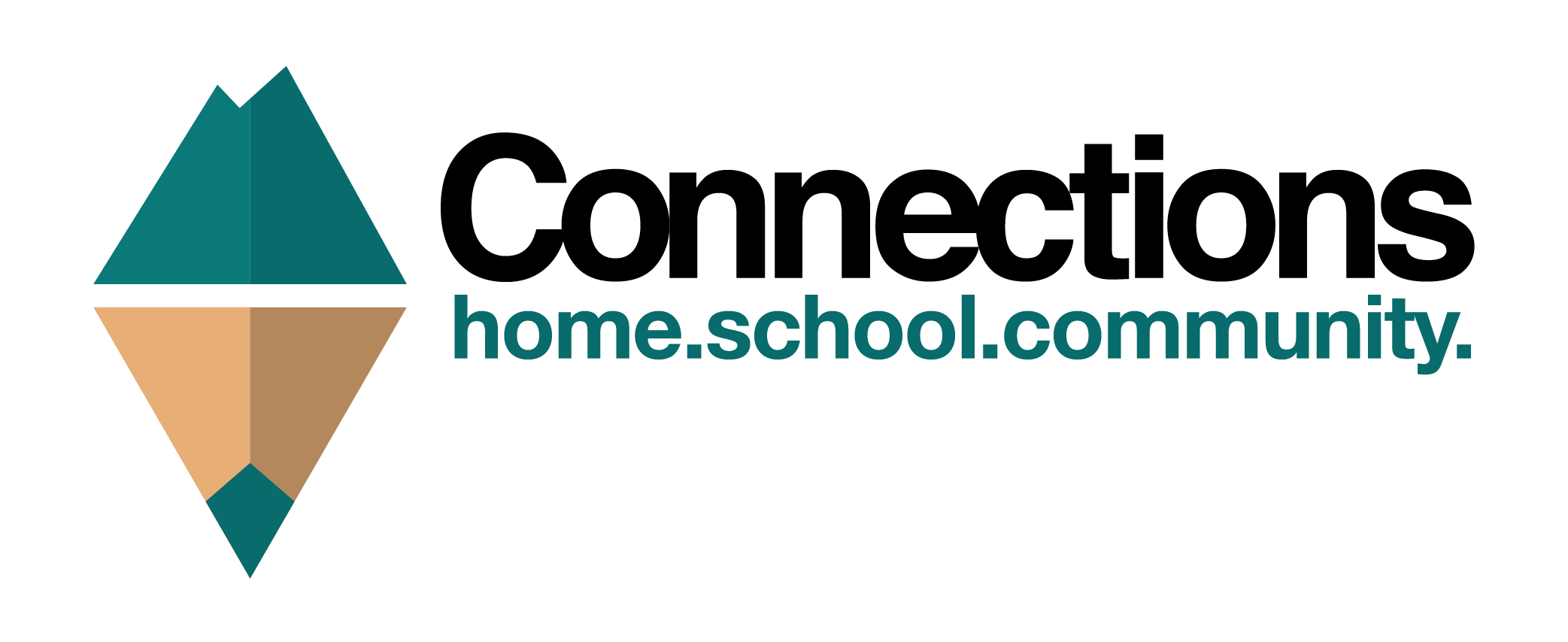1. Use “anti-virus software” and keep it up to date.
- Anti-virus software protects your computer against known viruses. But with new viruses emerging daily, anti-virus programs need regular updates, like annual flu shots, to recognize these new viruses.
- Be sure to update your anti-virus software regularly!
2. Don’t open emails or attachments that seem suspicious or are from unknown sources.
- Be suspicious of unexpected email attachments even if they appear to be from someone you know. Treat it with caution if it has a suspicious subject line. Friends and family may accidentally send you a virus, or the e-mail may have been sent from their machines without their knowledge.
- If you don’t know the person and want to open a file or attachment, save it first and run your virus checker on that file, but understand there is still a risk.
- If you receive an email from a trusted organization, be careful of phishing (a scam used to deceive consumers into providing personal data.) The best way to make sure you’re dealing with a merchant is to initiate the contact yourself.
- Also be careful if you receive many copies of the same message.
- If an email is suspicious, the best thing to do is to delete the entire message, including any attachment. When in doubt, delete!
3. Protect your computer from Internet intruders – use “firewall’s.”
- Equip your computer with a firewall! Firewalls create a protective wall between your computer and the outside world, and ensure an unauthorized person can’t gain access to your computer while you’re connected to the Internet.
- They work by filtering out unauthorized or potentially dangerous types of data from the Internet, while still allowing other (good) data to reach your computer.
- They come in two forms, software firewalls that run on your personal computer and hardware firewalls that protect a number of computers at the same time. They can be found at most computer stores and in some operating systems. Don’t let intruders in
4. Regularly download security updates and “patches” for operating systems and other software.
- Sometimes bugs are discovered in a program that may allow a criminal hacker to attack your computer.
- Software companies create free patches they post on their web sites. Download and install the patches! Check your software web sites regularly for new security patches, or use the automated patching features.
- Ensure you are getting patches from the correct patch update site. Many systems have been compromised by installing patches obtained from bogus update sites or emails that appear to be from a vendor that provides links to bogus sites.
- If you don’t have the time to do the work yourself, download and install a utility program to do it for you. Stay informed!
5. Use hard-to-guess passwords.
Passwords will only keep outsiders out if they are difficult to guess! Don’t share your password, and don’t use the same password in more than one place.
The golden rules of passwords are:
- A password should have a minimum of 8 characters, be as meaningless as possible, and use uppercase letters, lowercase letters, symbols and numbers, example (xk2&LP97)
- Change passwords regularly, at least every 90 days.
- Do not give out your password to anyone! For enhanced security, use some form of two-factor authentication. Two-factor authentication is a way to gain access by combining something you know (PIN) with something you have (token or smart card).
6. Back-up your computer data on disks or external hard drives regularly.
- Back up small amounts of data on flash drives and larger amounts on external drives. Do it weekly or regularly. If you can set up automatic back-ups do it.
- Remember iCloud and other on internet back-up sites can still be compromised.
- If you have access to a network, save copies of your data on another computer in the network.
- Make sure you have your original software start-up disks, in the event your computer system files get damaged. Be prepared!
7. Don’t share access to your computers with strangers.
- Learn about file sharing risks. Unless you really need this ability, make sure you turn off file-sharing.
- Your computer operating system may allow other computers on a network, including the Internet, to access the hard-drive of your computer in order to “share files”. This ability to share files can be used to infect your computer with a virus or look at the files on your computer if you don’t pay close attention.
- Don’t share access to your computer with strangers!
8. Disconnect from the Internet when not in use.
- The Digital Highway is a two-way road. You send and receive information on it.
- Disconnecting your computer from the Internet when you’re not online lessens the chance that someone will be able to access your computer.
9. Check your security on a regular basis.
- You should evaluate your computer security programs at least twice a year – do it when you change the clocks for daylight-savings!
- Look at the settings on applications that you have on your computer. Your browser software, for example, typically has a security setting in its preferences area.
- Check what settings you have and that the security level appropriate for you.
10. Make sure your family members know what to do if your computer becomes infected.
- It’s important that everyone who uses a computer be aware of proper security practices.
- All users should know how to update virus protection software, how to download security patches from software vendors and how to create a proper password.
